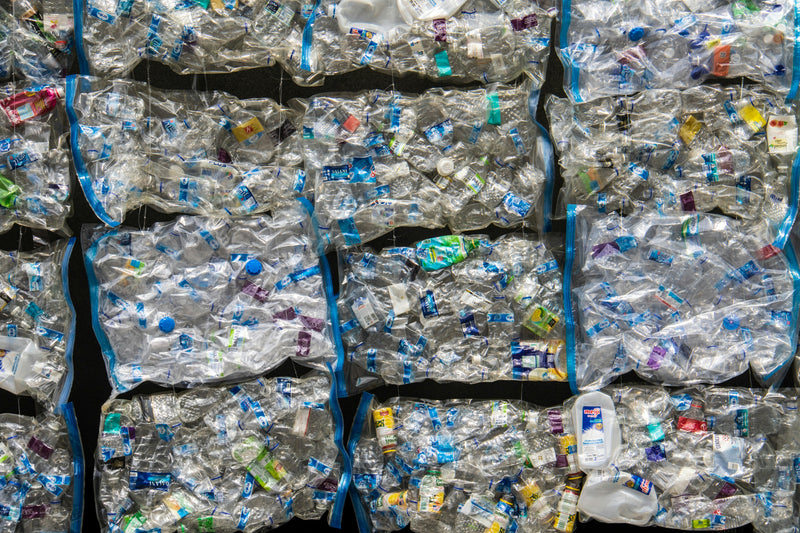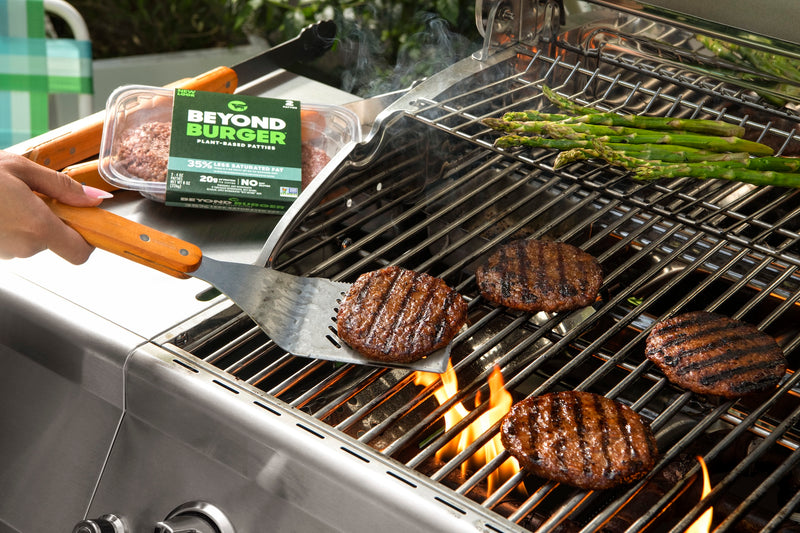We’ve got good news and bad news.
The good news? More companies are recognizing the growing plastic crisis and are shifting away from single-use plastic for their products.
The bad news? Manufacturers are increasingly using aluminum, which isn’t exactly great news for Earth.
Let’s take a look at what it means.
What we’re watching
More manufacturers are using aluminum for their products, including beverage makers, tech companies, and auto makers.
Aluminum — popular because it’s strong, lightweight, and resistant to corrosion — is most commonly used in consumer goods, transportation, and electrical industries.
The global aluminum market, which produced 69 million tons in 2022, is expected to grow by nearly 80% by 2032.
Why does it matter?
Growing demand for aluminum means that its destructive production processes will grow too.
-
Aluminum doesn’t occur naturally and has to be created with bauxite. Bauxite is collected via strip mining, which strips the land of topsoil and vegetation, thereby harming biodiversity.
-
Aluminum is also inefficient to produce. It takes about 20 tons of bauxite to make 1 ton of aluminum, and its smelting process requires significant water and energy.
- Bauxite refining creates a toxic byproduct called “red mud,” which is “one of the largest environmentally hazardous waste products” on Earth, per a study published in Nature.
A mixed bag
One glimmer of hope is that aluminum is highly recyclable and can basically be infinitely recycled.
- Recycling aluminum saves about 90 percent of the energy it takes to make new aluminum, which is great because producing virgin aluminum is ecologically destructive and a strain on energy and water.
-
Because aluminum is efficiently recycled, there’s an economic case for companies that want to pay a bit extra for a fully recycled material, such as Apple with its Apple Watch.
- Thanks to the positive economics of aluminum recycling, it’s freqently recycled. Almost 75 percent of all the aluminum ever produced to date is still in use today, while only about 5% of plastic ever made has been recycled.
-
Still, aluminum is a mixed bag. For example, producing an aluminum can pumps about twice as much CO2 into the atmosphere as a plastic bottle.
- Also, Americans send more than $700 million worth of aluminum cans to landfills each year.
Aluminum is complicated
Aluminum’s greatest environmental strength is that it can be recycled efficiently and infinitely.
Manufacturers, however, are still turning to virgin aluminum for their products.
For the shift toward more aluminum to be worthwhile — environmentally speaking — we need to encourage manufacturers to use recycled aluminum in place of virgin aluminum. With millions of tons of aluminum sitting in landfills, we know there’s plenty of raw material.
Secondly, consumers need to cut down on waste, properly recycle aluminum, and to seek out products with recycled aluminum.



